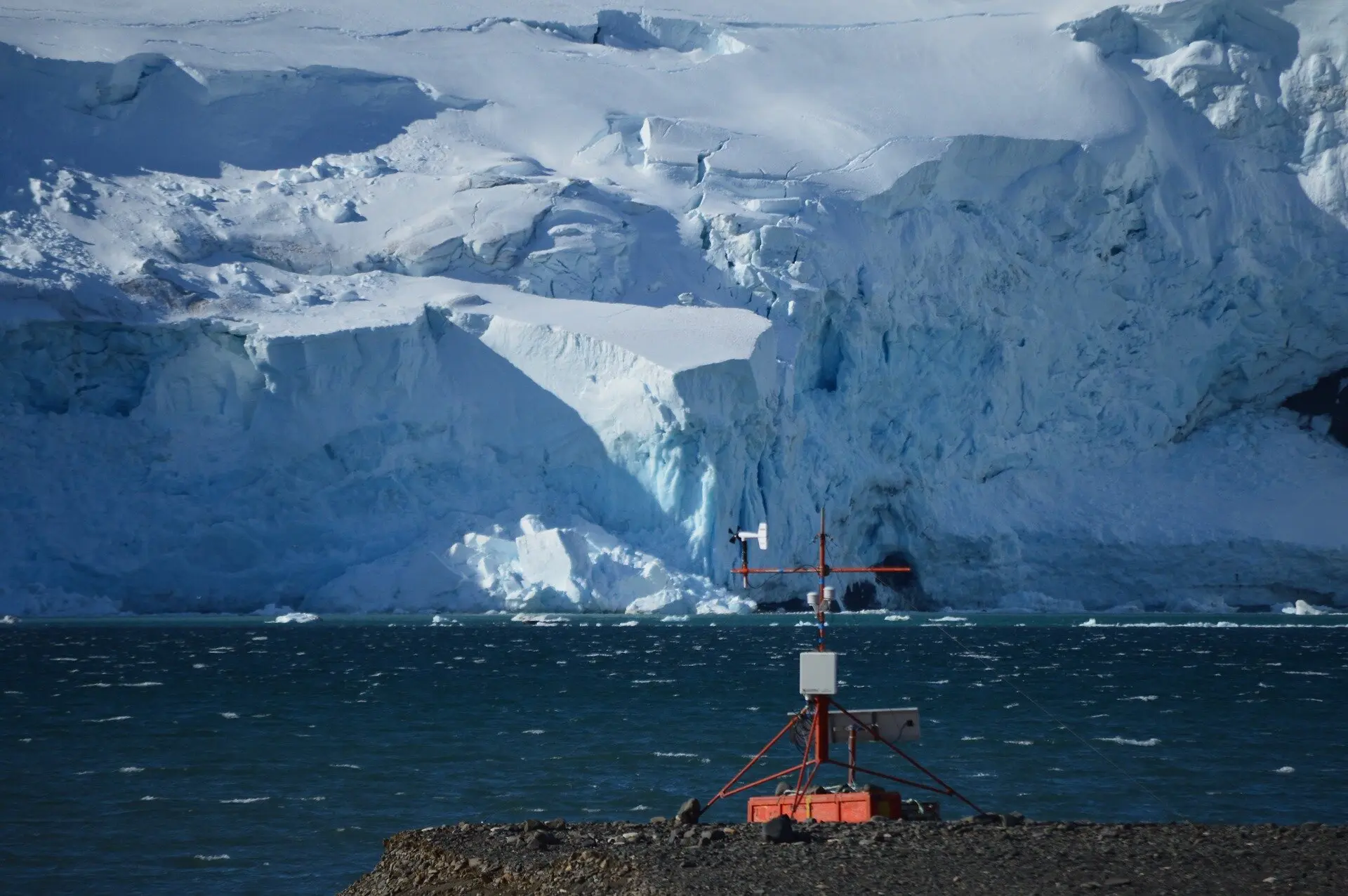I’m no fan of geoengineering (see this paper from 1996 ) but these specific proposals seem local, potentially reversible interventions to slow down melting, so could be worth investigating. Even if we get to net zero and stabilise the global surface temperature, it would take much longer (decades-centuries) to stabilise ice- melt, deep-ocean warming and consequent sea-level rise, there is a lot of inertia.
Their second approach focuses on meltwater, but thatt has to flow somewhere, maybe better focus to keep ice solid - e.g. I’m surprised no mention is made of the ice-surface albedo - e.g. minimising soot, algae. Minimising aviation-cirrus from planes passing over greenland might also help.I personally think we need to leave geoengineering the hell alone.
We live any closed system where a change of climate in one area can drastically affect the rest of the system, that’s why the polar ice caps are melting in the first place.
If we start deliberately messing with the climate, who knows what kind of hell we could accidentally unleash.
For example, the Amazon rainforest depends on dust from Saharan sandstorms provide nutrients as it’s carried across the ocean, if we were to start a cloud seeding project in the Sahara and turn it green, that would be a sharp reduction in nutrients arriving in the Amazon which would cause the deforestation problem to rapidly accelerate.
We have no business fucking with the climate at all and we should be looking into eliminating the causes of climate change rather than looking for ways to live with them.I agree in general but we may not actually have a choice soon.
Any proper (i.e. Real scientists leading it and not some start up pushing it for a hidden profit agenda) geo engineering project is going to be carefully studied, slow and methodical to ensure such things are properly mitigated.
Even this very article is about scientists calling for a study to see if it should or can be done at all. If it’s determined it should or can, and it’s being done properly, there will be multiple follow up studies to determine side effects and if they can be compensated for and what not
Yeah and we kinda need to start doing it soon. Because it might become a thing we have to do, and I’d rather we know how to do it and not just wing it.


